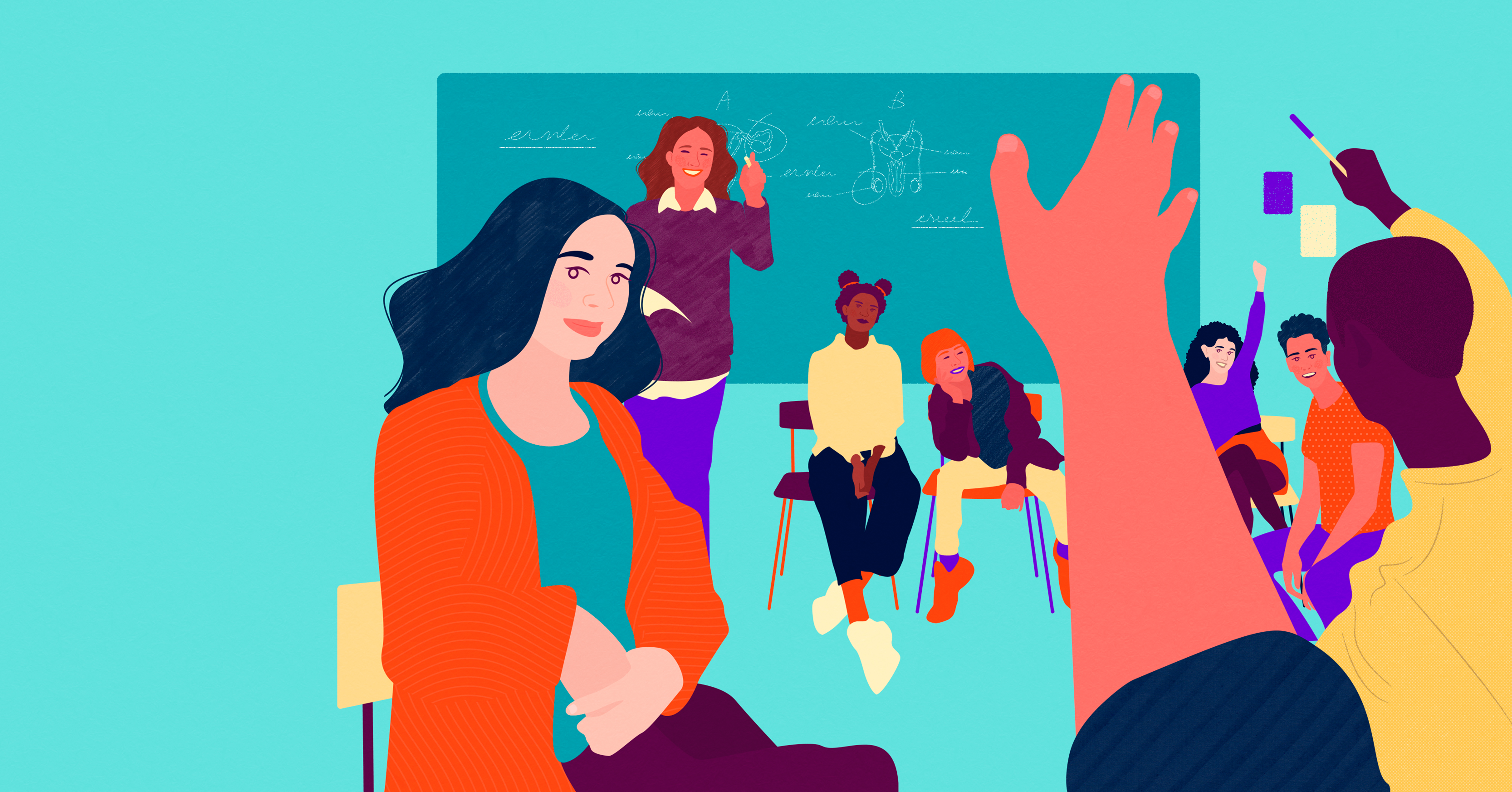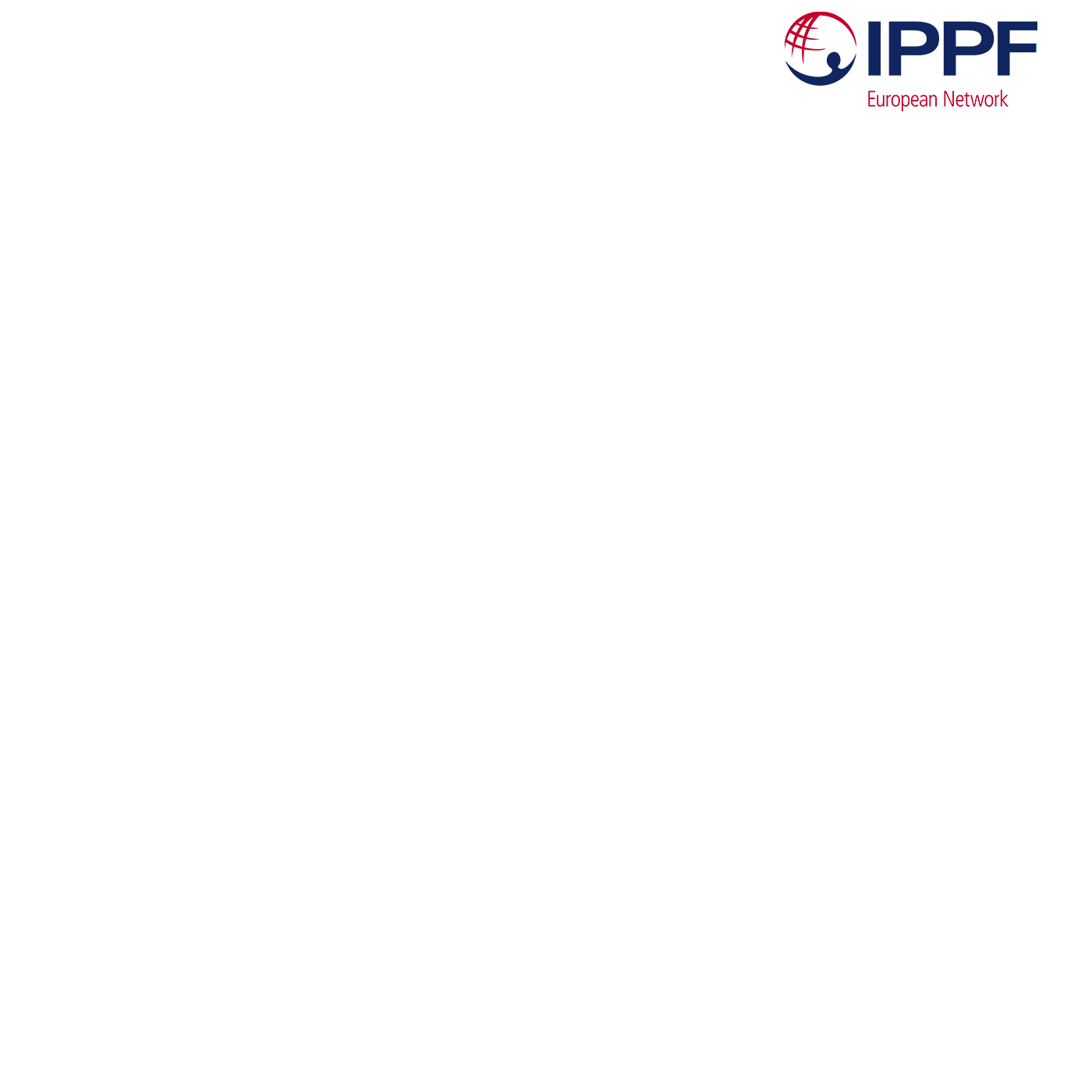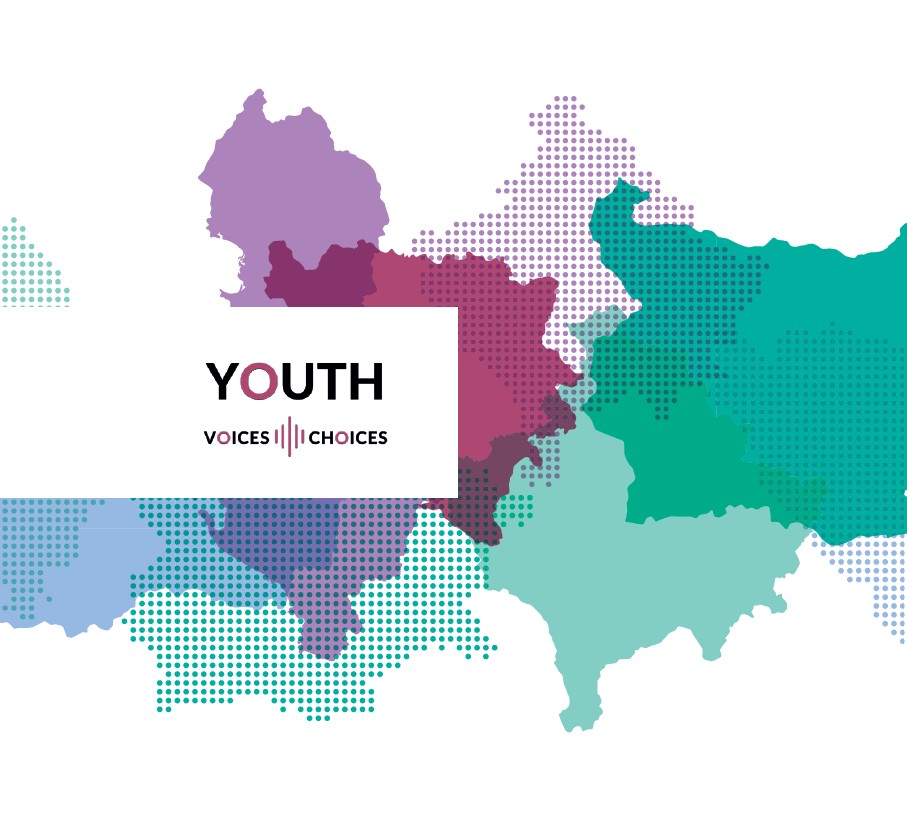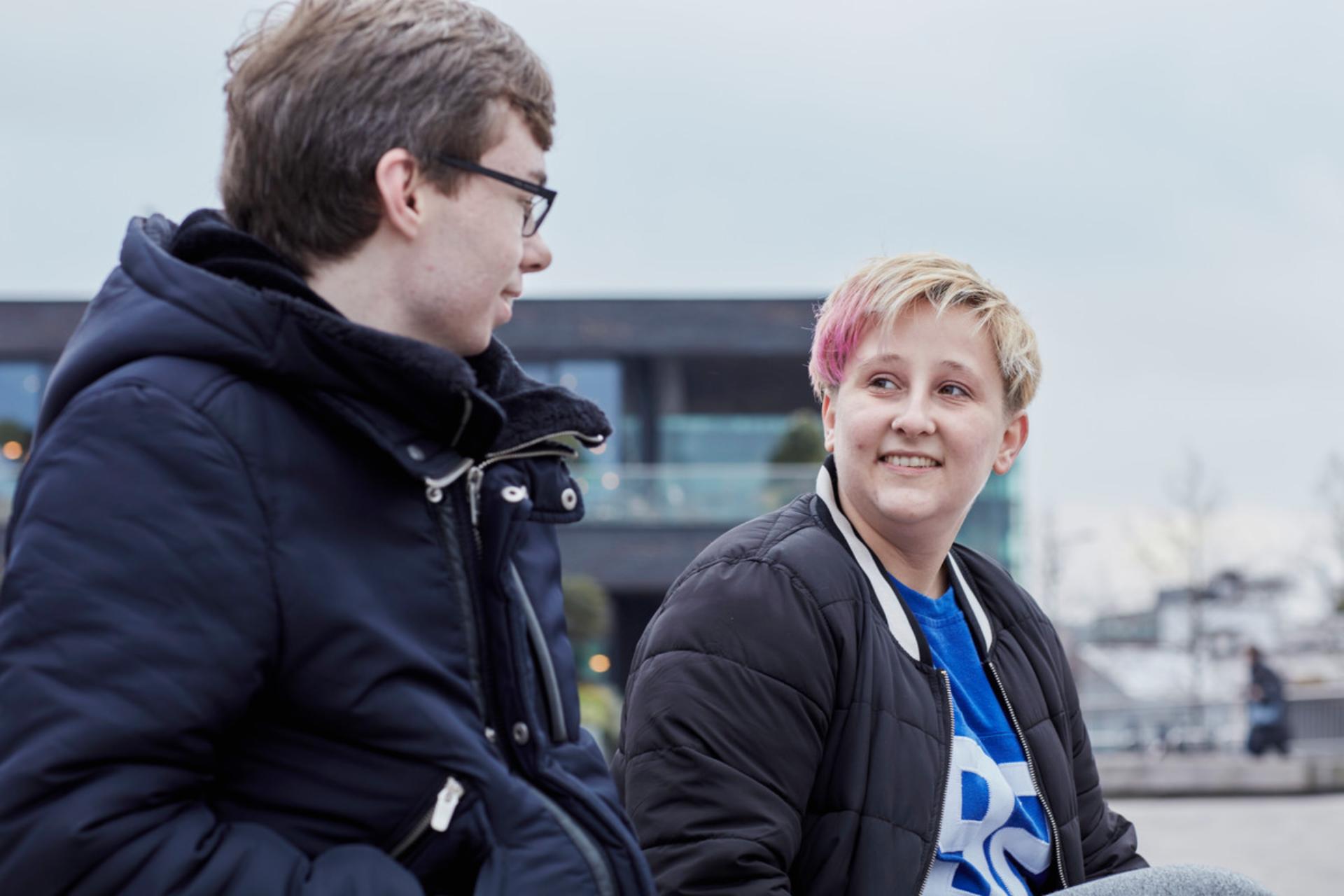Spotlight
A selection of resources from across the Federation

2022 IPPF EN Annual Report
Download our Annual Report to read about our activities and achievements in 2022.
Filter our resources by:


| 16 November 2018
Time is running out
Investing in family planning is the only way women and girls can have the freedom to create their own futures. The Countdown 2030 Europe consortium is calling on governments and decision-makers everywhere to put women and girls at the top of the agenda #BecauseSheCounts! The clock is ticking... www.countdown2030europe.org Read the Countdown 2030 Europe gazette, Her Chronicles, for more stories on family planning, access to contraception and more.

| 02 August 2018
Reproductive freedom is not a reality for everyone across Europe
In the EU all young women are free to decide about their own bodies, lives and futures. Or are they? Being denied sex and relationships literacy, stigma, gender inequalities and high costs stop girls from accessing contraception. IPPF EN cares for all women, men, children and young people across Europe and recognises their right to lead safe and dignified reproductive lives, free from harm and descrimination. You can see the rest of our videos from this series here.

| 28 May 2018
Sexuality education: where it stands across Europe and Central Asia
Our latest analysis - done in collaboration with the BZgA - shows that over the past two decades sexuality education has progressed, but improvements are still needed. We cover the state of play and latest developments in the field across 25 European and Central Asian countries, including aspects related to the quality of programmes and the impact on young people’s health. The roll-out of sexuality education differs widely within the region and while promising steps have been taken, we look forward to more progress. Sexuality education addresses the need to foster emotional-sexual intelligence and the capacity for healthy, intimate bonding and growth. It is based on an understanding of the concepts of consent, equity and respect for one’s own boundaries and the boundaries of others in intimate relationships and in society in general. When young people lack these crucial skills, they inevitably face a lack of personal growth and joy as much as a lack of ability to form and foster nurturing and stable relationships with others. To ensure that young people are equipped with these skillsets, we recommend increased knowledge-sharing in the field of sexuality education as well as improving the scope of school programmes and investing in teacher trainings.

| 09 May 2018
"Don’t demonize sex. Don’t make us afraid of it!”
This film is about the partnership between Sex og Politikk and Cyprus Family Planning Association (CFPA) - IPPF members - during the roll-out of the "Implementing Sexuality Education for Teens (I’MSET)" project. The project is a great example of how sharing knowledge on sexuality education can lead to successful results. The main outcome was a manual on sexuality education to be used in middle schools across Cyprus. After the inclusion of the manual in the curriculum, Sex og Politikk travelled to Cyprus to document the project. The short documentary film is the result of this trip. Sex og Politikk interviewed the partners from CFPA and other actors involved in the project. The focus was talking to young people who have received comprehensive sexuality education with the help of the manual and to teachers who have used the materials.Young people expressed the need for comprehensive sexuality education in Cyprus, where sexuality has been a taboo for a long time. The I’MSET material inspired them to reflect on changing harmful stereotypes and traditional gender norms. We hope the documentary can inspire future partnerships and exchanges on comprehensive sexuality education. Sexuality education is a human rights based approach aimed at equipping young people with the knowledge, skills, attitudes, and values required to make informed decisions and enjoy their sexuality physically, emotionally, individually, and in their relationships. It approaches sexuality holistically and within the frame of emotional and social development. As one of the Cypriot youth expressed: “Don’t demonize sex. Don’t make us afraid of it!” To learn more about the project and to download the manual see sexualityeducation.com.cy
| 06 March 2018
Denial of contraceptive care in Latvia
This video by our Latvian member highlights the dreadful challenges faced by women in vulnerable communities when they are denied contraceptive care and cannot decide about their own bodies, lives and futures. Papardes Zieds is calling on Latvia's government to take concrete action to make contraceptive care a reality for everyone, and to ensure that all young people are able to develop the crucial life skills provided by sex and relationships education.

| 12 January 2018
Why access to contraception is still an issue in Spain
You wouldn’t expect access to contraception to be an issue in EU countries such as Spain. But too many girls and women are still being denied the freedom to make their own reproductive choices. And it is vulnerable people who face the greatest obstacles when it comes to accessing this basic healthcare. In this video by our Spanish member FPFE, we meet Olga, Deli, Lidia, Barbara and Sandra, five young women struggling to overcome barriers in the Spanish system. These range from prohibitive costs, bureaucratic hurdles and the exclusion of immigrant women from the public health system, to the failure to ensure that all young people receive sex and relationships education and can use health care services that are adapted to their specific needs. Contraception is not a luxury. It’s a healthcare issue. And a human right.
















